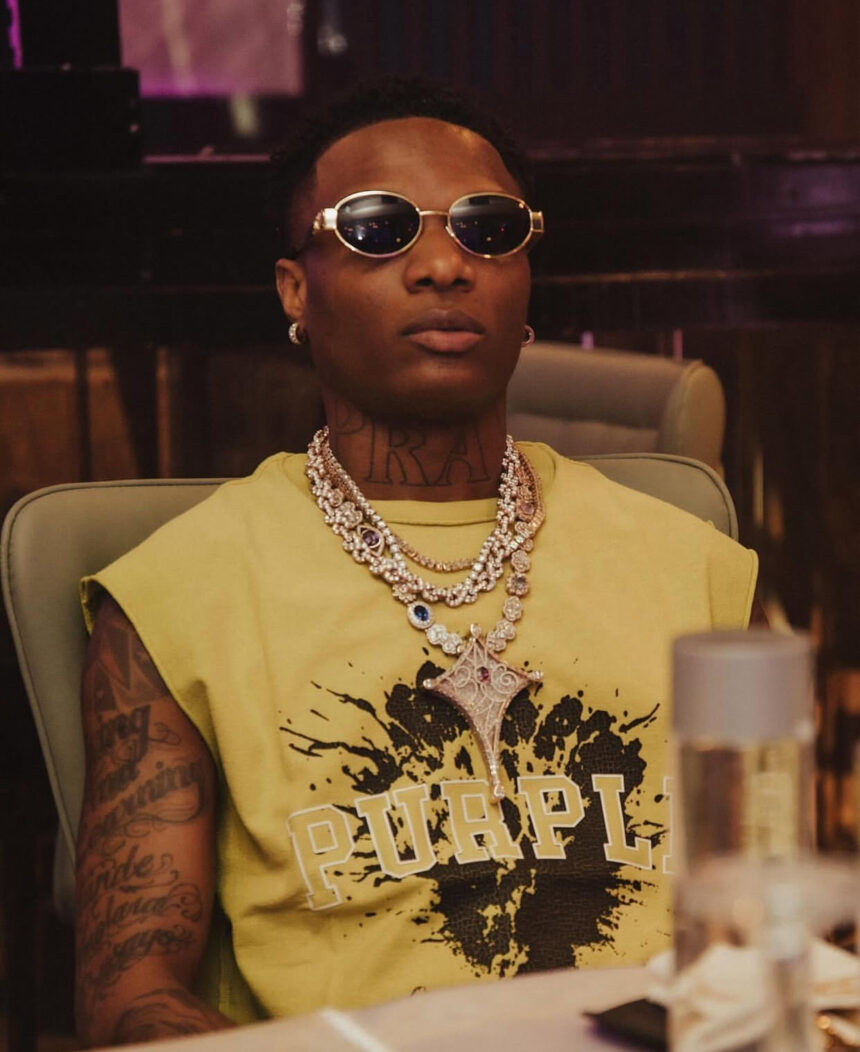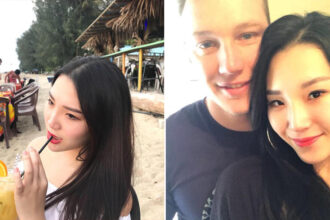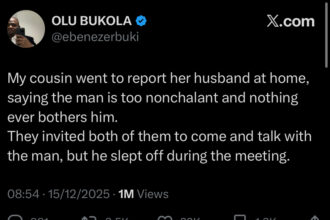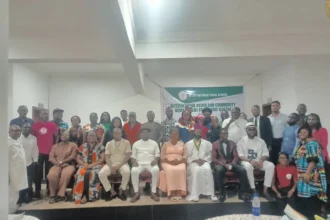In Nigeria, fame is a tricky thing. One day he/she is being hailed as a superstar, the next day their name is trending for all the wrong reasons. Sometimes, it’s not even the fans that keep celebs in the spotlight, it’s the haters. And the funniest part is those same haters are often the ones making them more famous.
Welcome to the strange world of “hate-following,” where critics secretly act like an unpaid PR team for celebrities.
The Paradox of Hate-Following
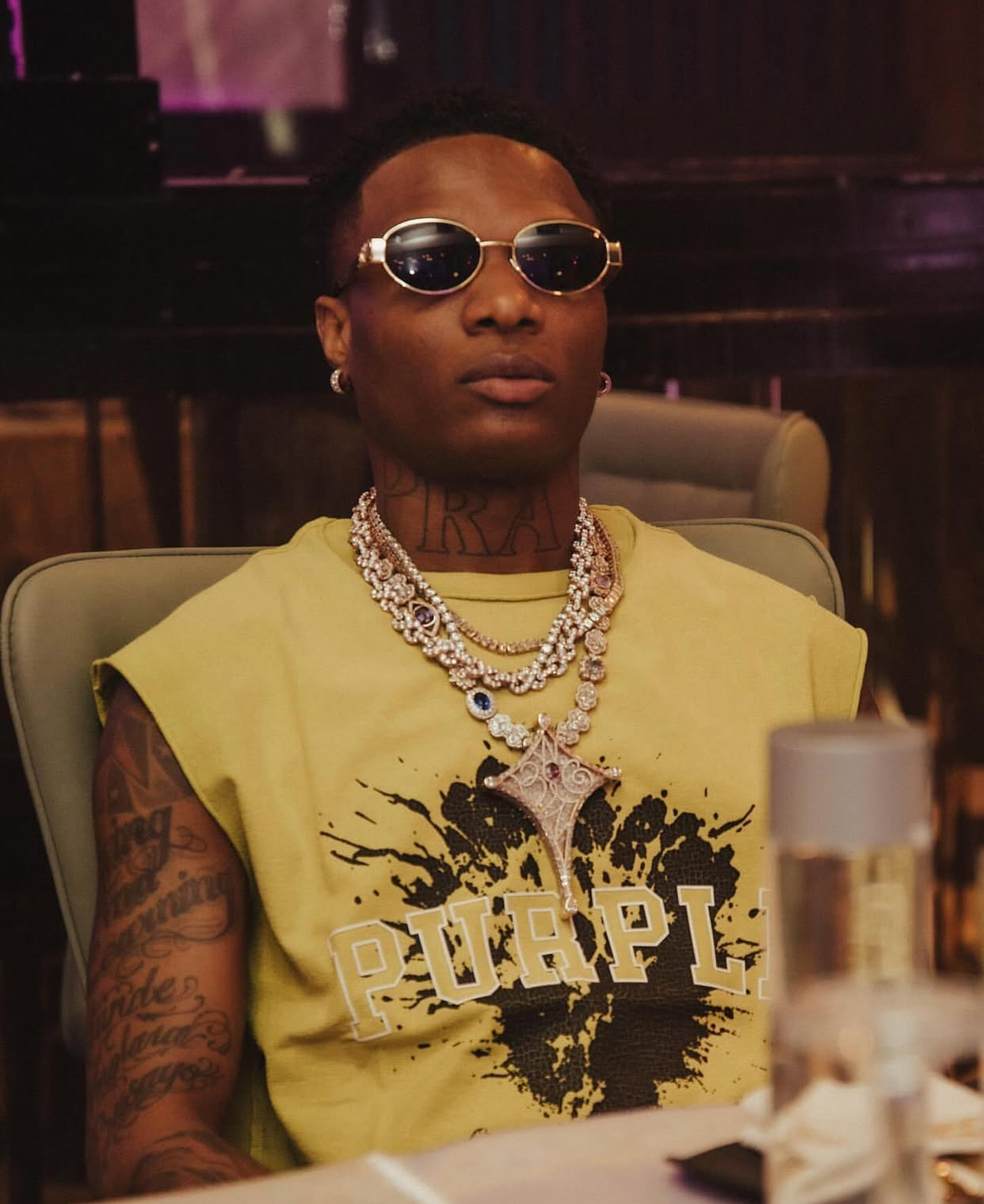
“Hate-following” is exactly what it sounds like. These are people who don’t like a celebrity but never miss their updates. They watch every Instagram story, dissect every interview, and wait for the tiniest slip-up just so they can shout, “I told you so!”
But the twist is that on social media, it doesn’t matter whether people love or hate you because engagement is engagement. Twitter, now X, Instagram and TikTok, all reward content that gets people talking. So the more people drag a celebrity, the more that celeb trends. And when they’re trending, they become visible.
That’s why hate is sometimes the best free publicity.
Free PR: Why Celebs Don’t Always Mind the Hate
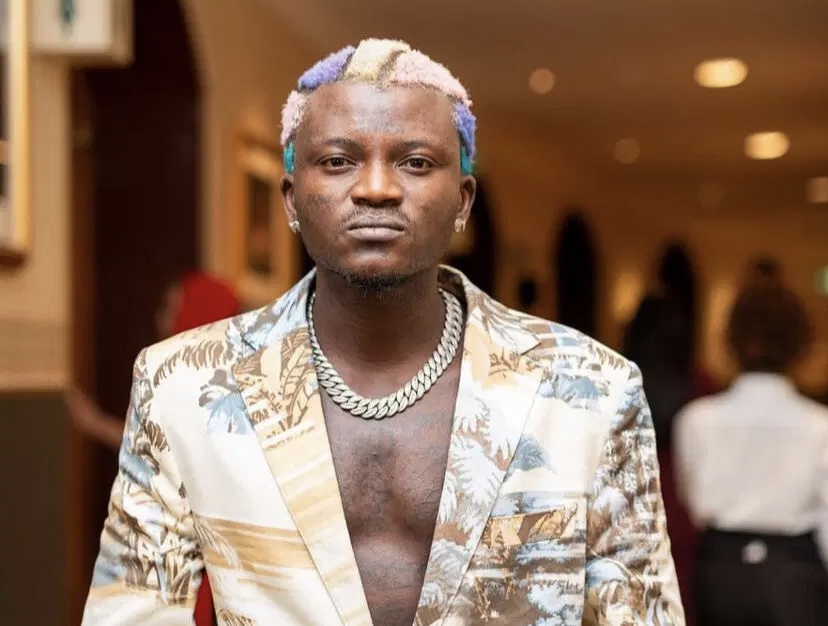
Think about Habeeb Okikiola Badmus aka Portable. This artiste has built a whole career out of controversy. Every few months, there’s a new headline: Portable arrested, Portable fighting at a show, Portable calling out another artist. Portable dropping a diss track. Just this year, he surrendered to police in Ogun State after being declared wanted.
Did people drag him? Yes. Did it reduce his fame? Not at all. In fact, it kept him in the spotlight, boosted his streams, and even made him more in demand for shows.
The same thing happened with Bobrisky. Whether it’s about lifestyle choices, legal issues, or public statements, Bobrisky trended almost every other week, before his departure from Nigeria. When the EFCC arraigned and later sentenced him in the Naira abuse case, it trended for months. Love or hate, the conversation never stops, and that visibility keeps Bobrisky’s brand alive.
Haters: The Unofficial Loyalists
Here’s what people don’t admit: haters are sometimes the most loyal followers. They’ll be the first to share a celebrity’s video, not because they love it, but because they want to mock it. Before you know it, that clip has gone viral.
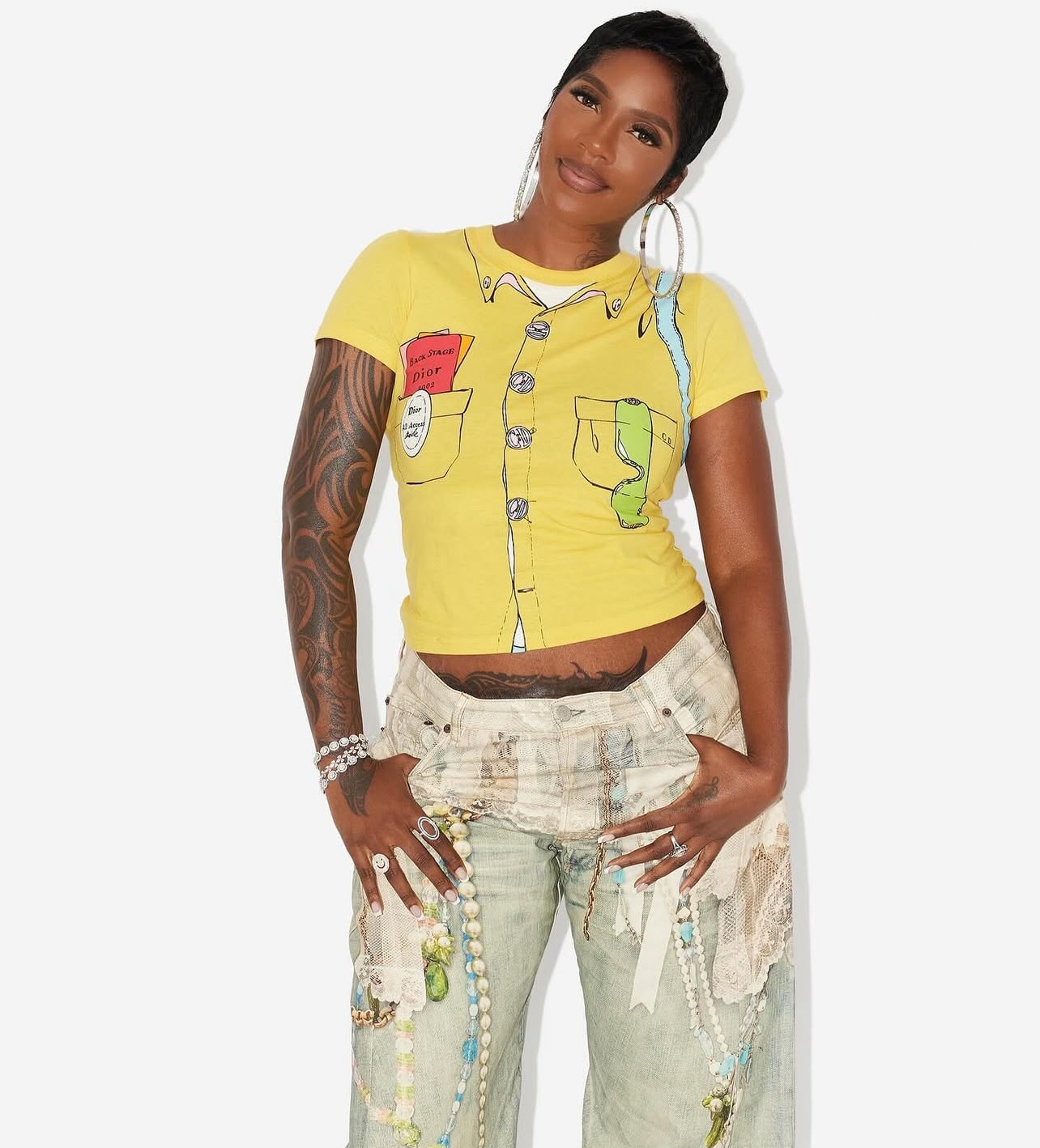
Take Tiwa Savage as an example. In 2021, when a sex tape of hers leaked, it was her critics who spread it faster than wildfire. But Tiwa flipped the script. Instead of letting the blackmailers win, she went public and owned the story. It did hurt her but only short term. She still booked shows, dropped music, and walked into interviews with her head high. Today, she remains one of Nigeria’s top female stars.
Even Burna Boy, despite being a Grammy winner, has his share of drama. From several online clap-backs, to his feet stomping on overzealous fans, to the Cubana club shooting controversy years back, haters never rest. Yet, Burna still fills stadiums worldwide. Clearly, the hate hasn’t slowed him down.
Why Nigerians Love to Drag Celebs
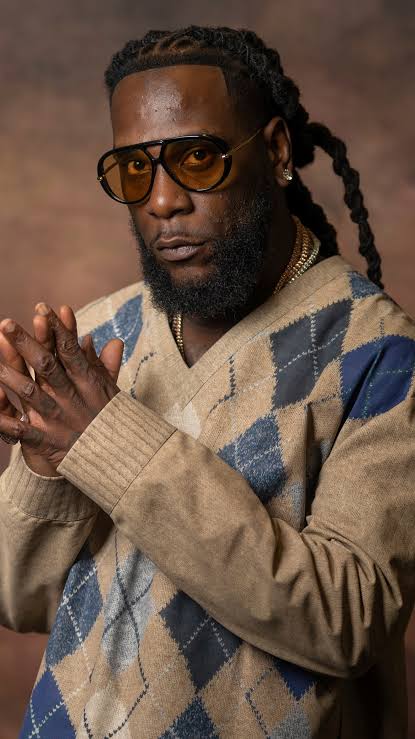
Dragging celebrities is almost a national pastime. Nigerians love gist, and celebrities give them plenty to talk about. Some people feel celebs owe society a moral responsibility of providing daily updates about their lives. Others just enjoy the drama as free entertainment.
Add social media to the mix, and it’s double trouble. Blogs, gossip pages, and even mainstream outlets feed on these controversies because they know Nigerians can’t resist clicking. The cycle is simple: a celeb messes up, blogs post it, people drag, traffic goes up, and the celeb trends. Everybody wins, except maybe the celeb’s peace of mind.
Between Criticism and Obsession
Of course, there’s a difference between constructive criticism and toxic obsession. Healthy criticism keeps celebrities grounded. But when dragging turns into cyberbullying, it can take a serious toll on mental health.
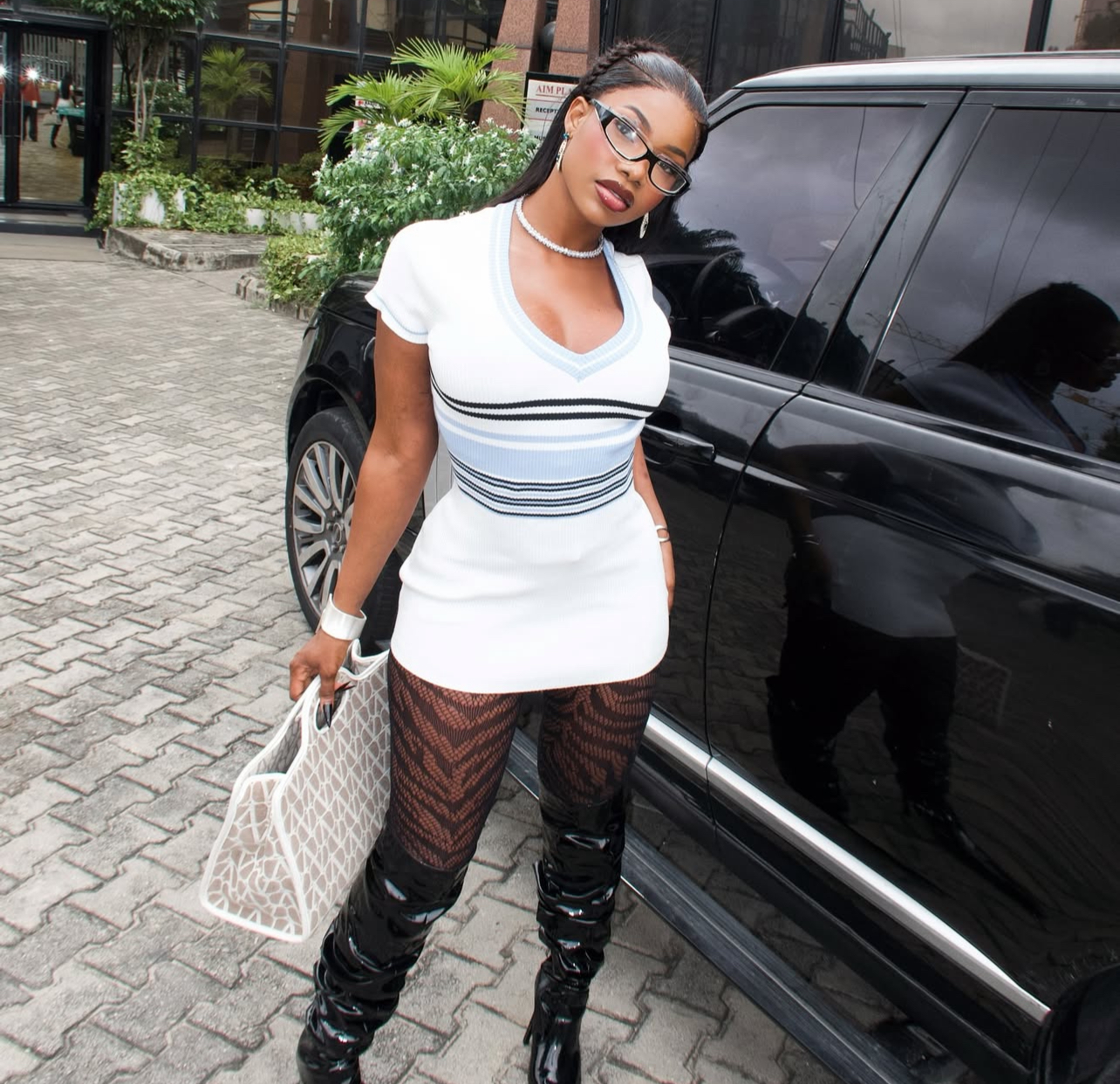
Ex-BBNaija housemate Tacha, amongst others knows this too well. She was one of the most dragged contestants during her season. People mocked her accent, her attitude, even her looks. Yet, she came out of the house with a loyal fanbase called the “Titans”. She went on to bag endorsements, and built a brand off that same energy. Her haters practically made her more famous.
How Celebs Cope With the Hate
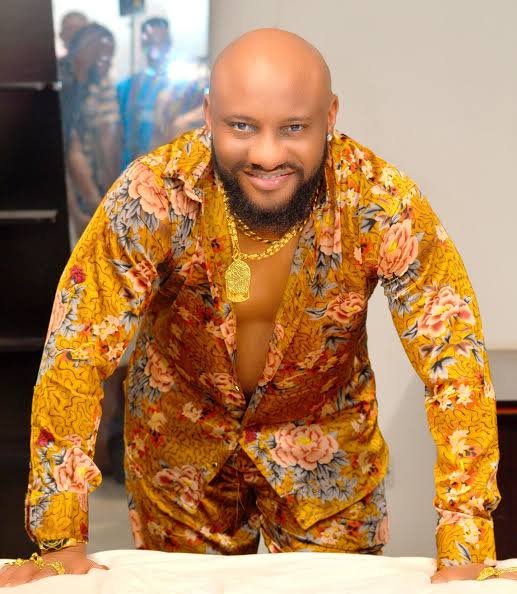
Different celebs handle hate in different ways from the tactics they give off on social media.
• Clap back and own it: Good examples are Burna Boy and actor Yul Edochie.
• Ignore and rise above: Topping this is Wizkid who is good at ignoring and sometimes lets music do the talking.
• Use it as fuel: Portable and Bobrisky, who thrive on being controversial.
• Control the narrative: Tiwa Savage, who took ownership of her scandal and flipped it.
At the end of the day, celebrities know that hate is part of the package. For some, it’s a burden. For others, it’s a business model.
Conclusion: Fans or Foes?
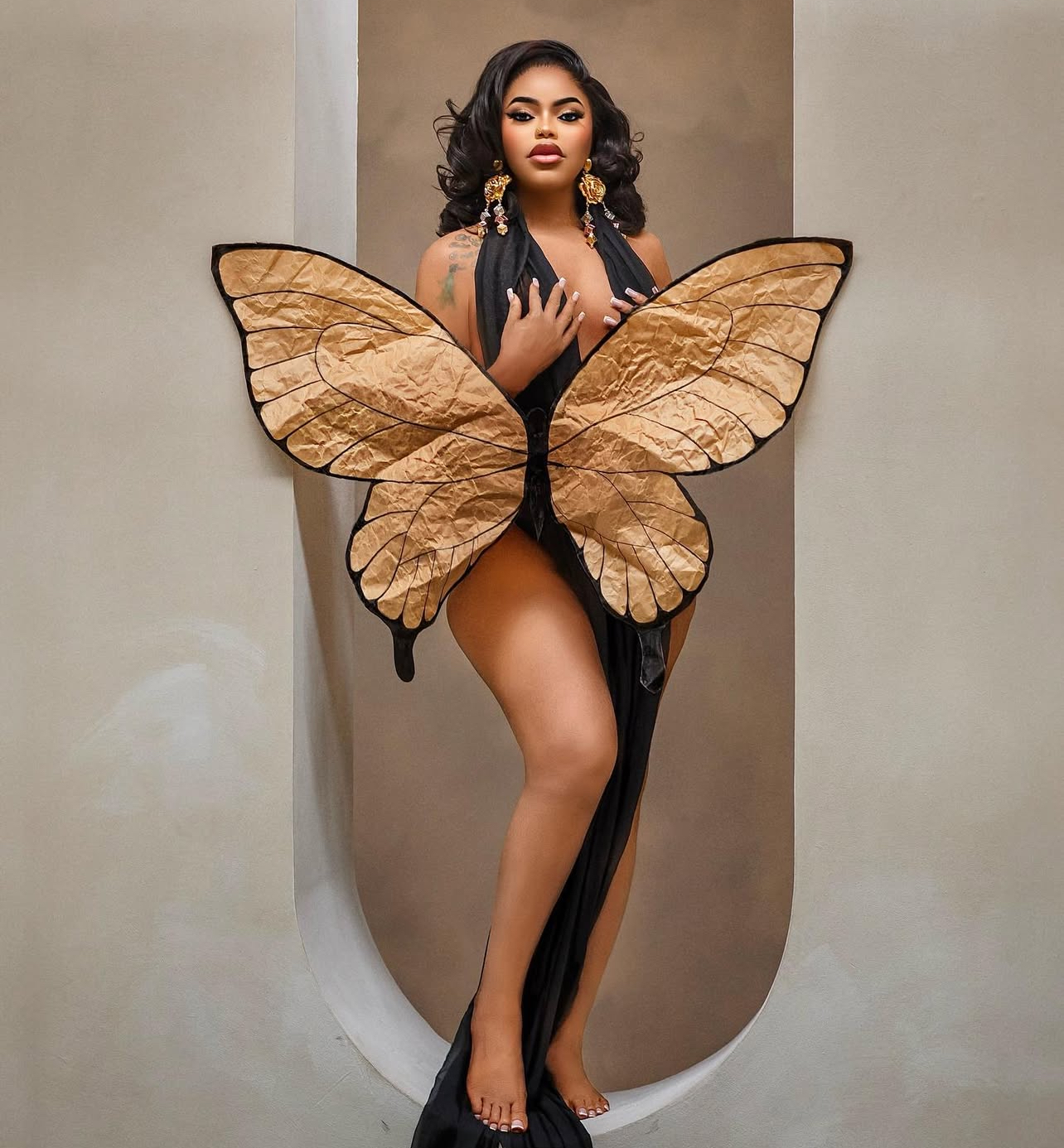
The truth is, in Nigeria’s entertainment industry, haters are just as important as fans. They may shout the loudest, but they also keep celebrities trending. In the strange economy of fame, love and hate are two sides of the same coin.

